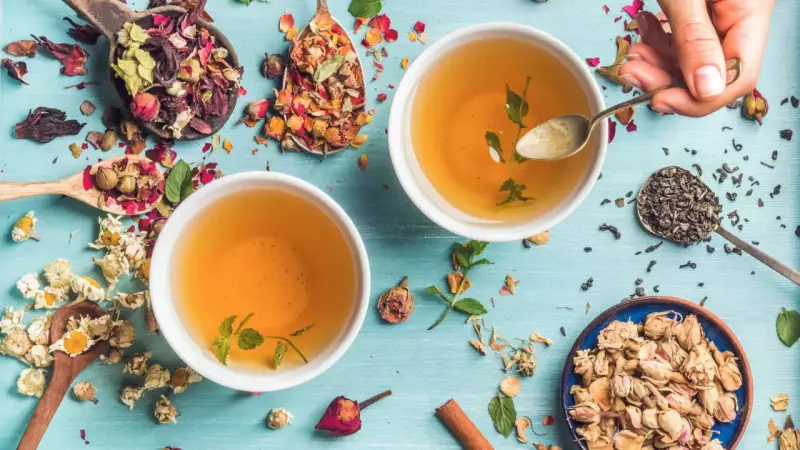
Struggling with uncomfortable bloating that makes you feel heavy and sluggish? You're not alone. Millions experience digestive discomfort, but the solution might be simpler than you think. A Harvard-trained gastroenterologist has revealed three powerful herbal teas that can provide quick relief from bloating and support overall gut health.
The Expert's Top 3 Bloating-Busting Teas
After years of research and clinical practice, this digestive specialist has identified three remarkable herbal teas that work wonders for bloating. These natural remedies have stood the test of time and scientific scrutiny.
1. Peppermint Tea: The Cooling Soother
Peppermint tea isn't just refreshing—it's a powerhouse for digestive relief. The menthol in peppermint acts as a natural antispasmodic, helping to relax the muscles of your digestive tract. This allows trapped gas to pass more easily and reduces that uncomfortable, swollen feeling. Many patients report feeling relief within minutes of drinking a warm cup.
2. Ginger Tea: The Ancient Healer
Used for centuries in traditional medicine, ginger contains compounds called gingerols that stimulate digestive enzymes and help move food through your system more efficiently. This natural prokinetic effect prevents food from sitting too long in your gut, which is a common cause of bloating. The warming quality of ginger also helps soothe stomach discomfort.
3. Fennel Tea: The Gas Fighter
Fennel seeds have been used as a digestive aid since ancient times, and modern science confirms their effectiveness. Fennel contains compounds that relax intestinal muscles and help break down gas bubbles. Many cultures serve fennel seeds after meals specifically to prevent bloating and aid digestion.
Why These Teas Work So Well
The Harvard expert explains that these teas work through multiple mechanisms: they relax digestive muscles, reduce inflammation, and help move gas through the system naturally. Unlike some over-the-counter remedies, they don't just mask symptoms—they address the root causes of bloating.
Best time to drink: About 30 minutes after meals or whenever you feel bloated. The warmth of the tea itself can help relax digestive muscles, while the herbal compounds get to work on the underlying issues.
Remember that while these teas can provide significant relief, persistent bloating should always be discussed with a healthcare provider to rule out underlying conditions. But for everyday digestive discomfort, these three herbal solutions offer a safe, natural, and effective approach to feeling lighter and more comfortable.





